Publications
Articles, publications, books, tools and multimedia features from the U.S. Institute of Peace provide the latest news, analysis, research findings, practitioner guides and reports, all related to the conflict zones and issues that are at the center of the Institute’s work to prevent and reduce violent conflict.
Question And Answer
Why Counterterrorism in Afghanistan and Pakistan Still Matters
Question And Answer
What Does the Xi-Ma Meeting Mean for Cross-Strait Relations?
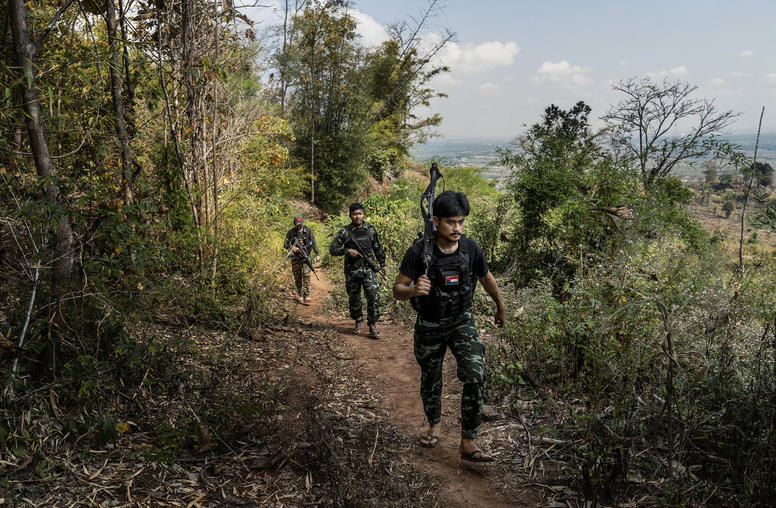
Myanmar’s Junta Is Losing Control of Its Border with China
Myanmar’s military has lost control of substantial sections of the country’s border with China in recent days, as forces fighting the coup regime coordinate their attacks in an unprecedented way. The immediate aim of the combined offensive was to shut down lucrative criminal activity in enclaves along the Chinese frontier that are run by military-sponsored border guard forces. Significantly, in doing so, the insurgents took advantage of China’s recent efforts to stifle scams run from the enclaves that target Chinese citizens. This could mark a turning point in the national struggle against military rule, one that would pose serious new challenges to the anti-coup leadership, the international community and Myanmar’s neighbors.
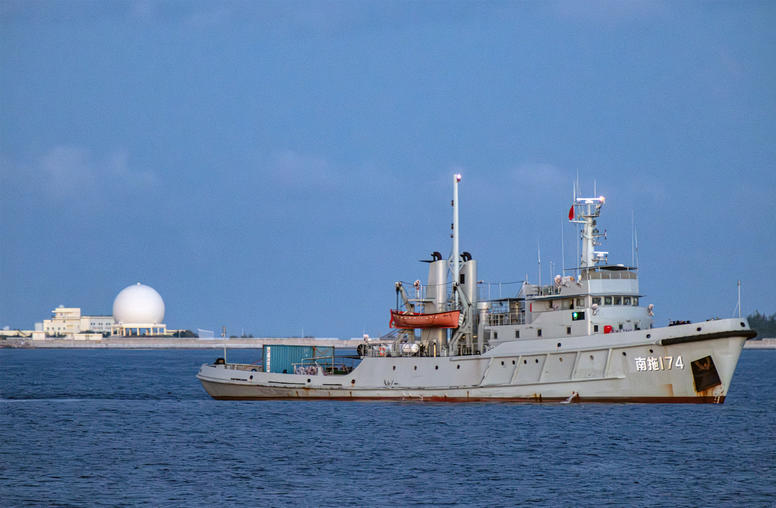
Let’s Call China’s Actions in the South China Sea What They Really Are
In recent months, the Chinese Coast Guard and Beijing’s maritime militia have used dangerous maneuvers to block and harass the Philippine Coast Guard and Armed Forces of the Philippines from conducting resupply missions to the BRP Sierra Madre in Ayungin Shoal. An October 22 collision between two of the countries’ coast guard vessels is just the latest incident of maritime confrontation. As tensions rise, the stakes are high and could draw in the United States, which has a mutual defense treaty with the Philippines, and other naval powers.
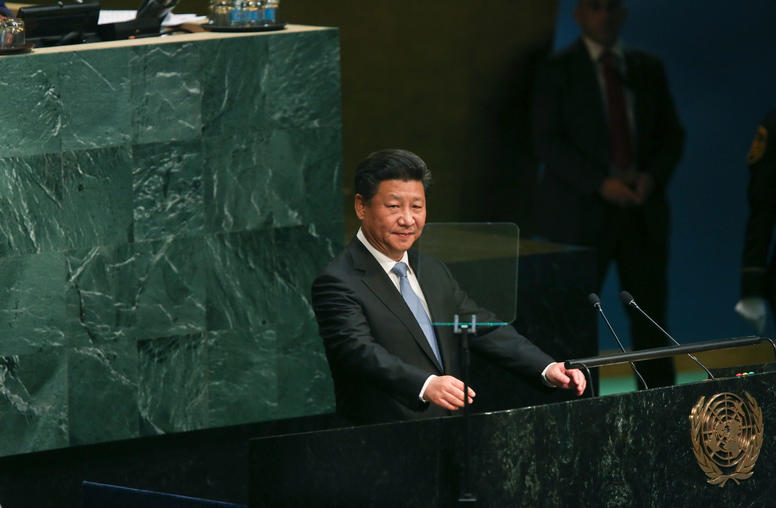
What China Wants in the Middle East
Amid the current Middle East crisis, China has three objectives: Beijing seeks a semblance of peace in the Middle East, hopes for a halt to the Israel-Hamas conflict and wants to project an image of a responsible great power. But the Chinese Communist Party (CCP) almost certainly won’t make any meaningful contribution toward Middle East peace, nor is it likely to take serious steps to facilitate an agreement to suspend hostilities in Gaza. Yet, amid not delivering on objectives one and two, the CCP is well postured to advance its third objective of making itself look good in the eyes of three audiences: the Chinese people, the Arab street and the Global South.

Andrew Scobell on China’s Aggression in the South China Sea
In asserting its claims in the South China Sea, Beijing “recognizes that international law is not on its side,” says USIP’s Andrew Scobell. Instead, China has resorted to gray-zone provocations against the Philippines and others that “are deliberate, on China’s part, to keep [the situation] below the threshold of war.”
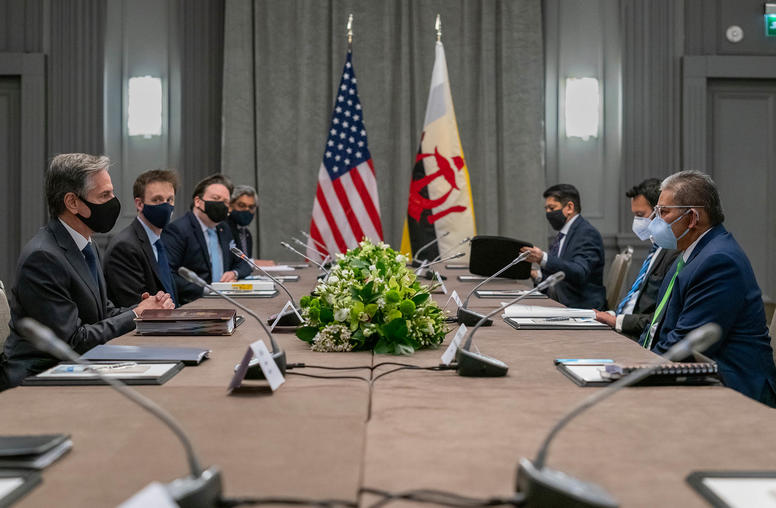
Why Brunei is Hedging Between the U.S. and China
The U.S.-China rivalry is fundamentally transforming the conventional pillars of Asia's economic and political landscape as it plays out across many domains — including diplomacy, commerce, security, intelligence, ideology, values, science and technology. The United States' posture toward China has seen a seismic shift in recent years, driven by American perceptions of China’s rise and the threat it poses. Indeed, China’s economic ascendance and its growing importance in the international system — demonstrated by its economic success, military strength and soft power influence — pose a geopolitical challenge to the United States’ preeminent position in international politics. While this rivalry is shaping the global order, there’s nowhere it’s felt more than in Southeast Asia.
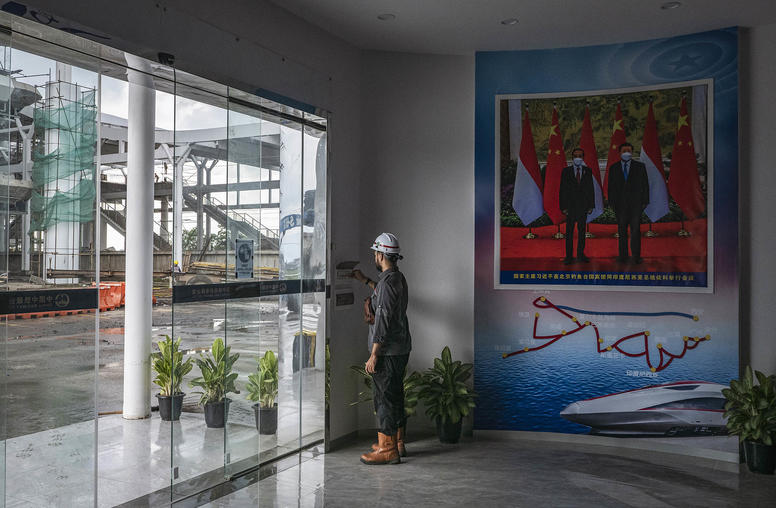
Why China is Rebooting the Belt and Road Initiative
World leaders gathered in China last week for the third forum on the Belt and Road Initiative (BRI), Xi Jinping’s massive, trillion-dollar physical and digital connectivity project. As the BRI turns 10 this year, Beijing is looking to reboot Xi’s signature foreign policy program amid criticism of the debt load it often burdens partner countries with and other environmental and human concerns. In light of these criticisms, China emphasized last week that the future of the BRI is “smaller” and “greener” projects.

Carla Freeman on China’s Belt and Road Initiative at 10
When the ambitious Belt and Road Initiative (BRI) was announced, developing countries were eager to partner with Beijing on infrastructure projects. But a decade later, “a lot of these countries are saddled with immense debt … now that the hype is over, there’s a lot more international scrutiny” of the BRI, says USIP’s Carla Freeman.
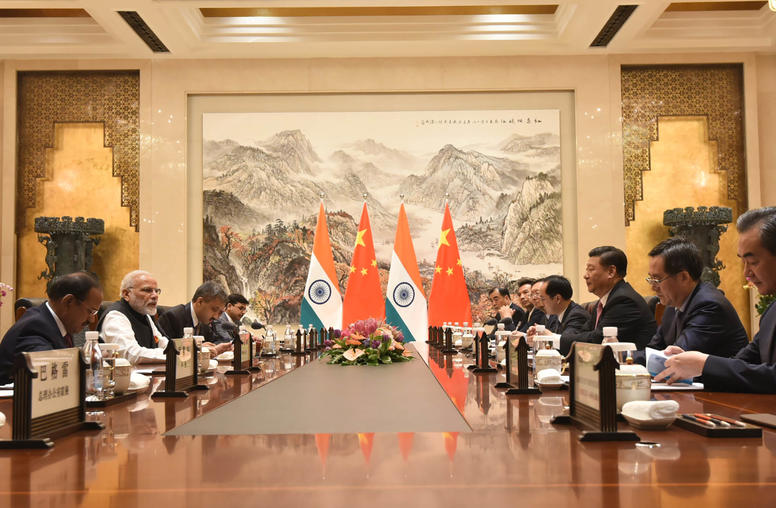
Three Things to Know About China-India Tensions
Relations between the two Asian giants have soured over the last decade, particular following a 2020 border brawl between Indian and Chinese troops in the Galwan Valley. While there are credible concerns that these nuclear powers’ ties are trending in the wrong direction — particularly as both sides continue provocative actions — neither Beijing nor New Delhi wants to see an escalation toward a more serious conflict. For its part, the United States has sought to deepen its security and economic relationship with India as the U.S.-China rivalry intensifies and considers it a vital partner in Washington’s Indo-Pacific strategy.
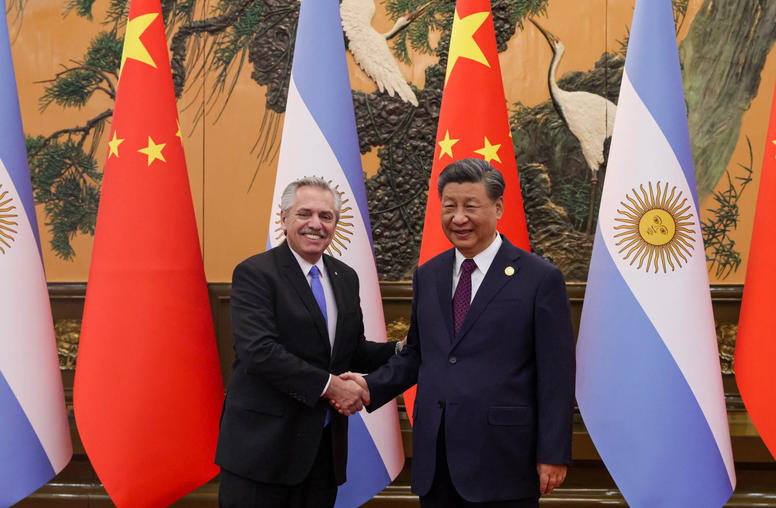
U.S. Needs to Invest More in Latin America to Counteract China in the Region
Amid ongoing U.S.-China competition, Summers’ observation encapsulates one of the key reasons for China’s success across the Global South — particularly in Latin America and the Caribbean. China delivers when it comes to building infrastructure, whether it’s airports and sports stadiums or 5G networks courtesy of Huawei and ZTE.
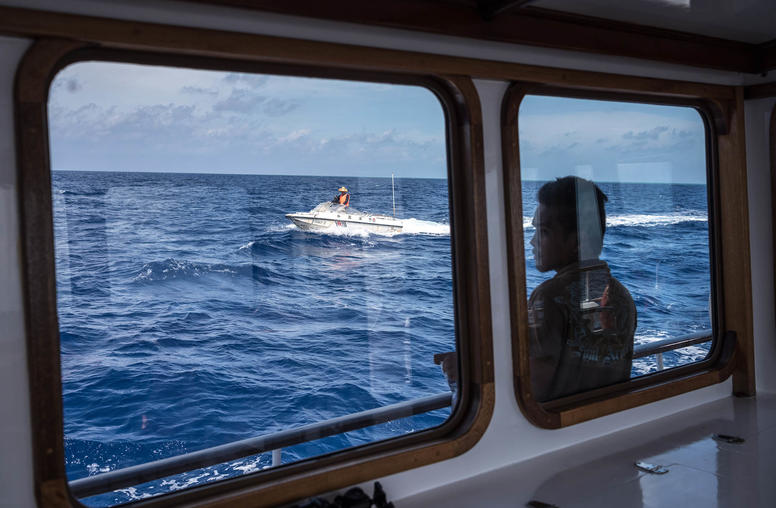
Amid China Tensions, the Philippines Relies on Alliances and Rule of Law
A diplomatic win, many people said about the announcement of a hotline between the Philippines and China. This was one of the highlights of President Ferdinand Marcos Jr.’s trip to China in January 2023, where he and Chinese President Xi Jinping established a direct line of communications between their two capitals. Specifically, the line would be between departments in each country’s foreign affairs ministries that deal with maritime and border issues. The objective was to prevent the escalation of tension in the West Philippine Sea (also referred to as the South China Sea).